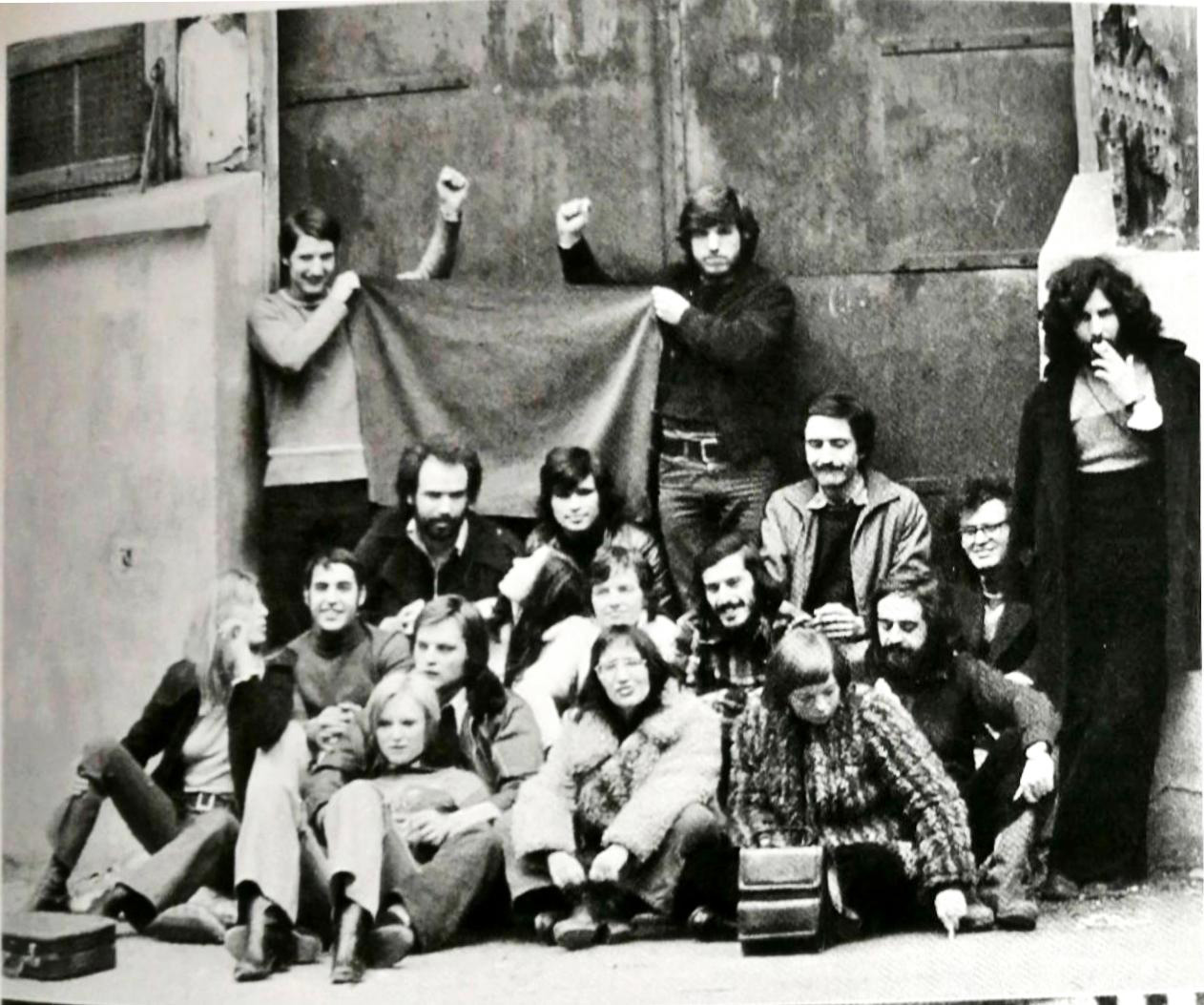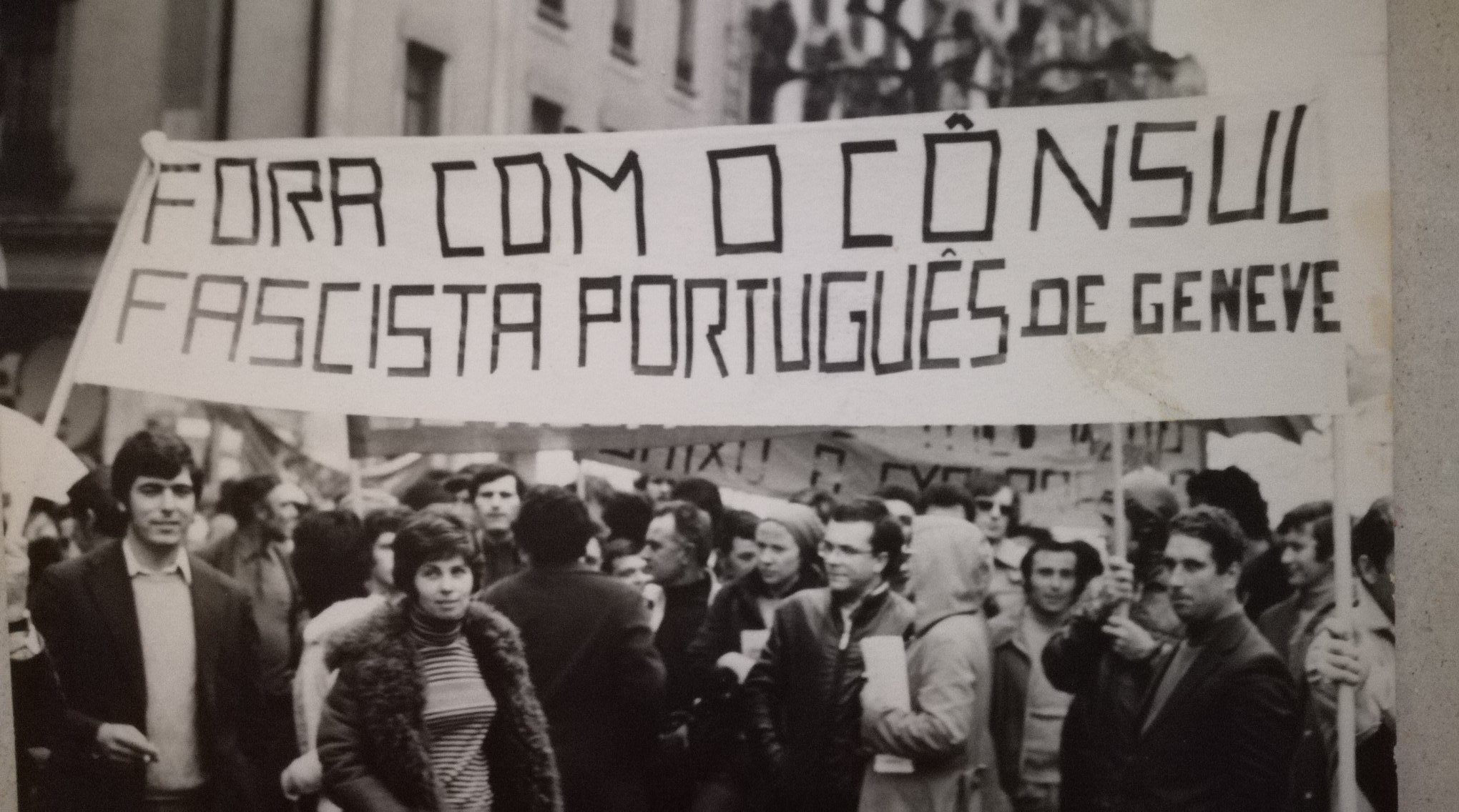#ECOS in Schools
Between 1926 and 1974 thousands of Portuguese took the path of the exile. Frequently counted as migratory movements at the time, the Portuguese exile is one of the most important flow of people in the history of modern Portugal.
This project intends to question the memory of this particular mobility, setting off from the disciplinary field of Social Sciences, and focusing on archives, objects and memorabilistic constructions of the Portuguese former exiles.
#ECOS intends to contribute for a deeper understanding of the history of Europe and its diversity in terms of citizenship experiences and living experiences under diverse political regimes.


The history and the memory of the exile are not national heritages, but transnational ones; exile is part of the history and the memory of Europe and its political regimes.
In this sense, the project aims to develop a set of activities that contribute to:
a) promoting the public debate among the Portuguese society on the processes of the exile with a main, though not exclusive, focus on the dictatorship period;
b) building a heritage repertoire on these processes with personal and archival assets, and particular emphasis on material culture;
c) deepening knowledge among scholar audiences on the history of Europe, its political regimes, and the construction of inequal citizenships.
#ECOS strives for an awareness-raising about the past and a future-oriented learning that are highly relevant to the contemporary debates on mobility, integration policies, xenophobia and populism. Giving visibility to transnational biographical experiences, the project gains significancy in a Europe currently marked by social, economic and political crisis.


The different pedagogical activities have a fundamental role in the dissemination, awareness-raising and communication of the daily experiences of the exile, giving voice to its protagonists. Furthermore, they contribute to the dissemination of knowledge about the exile through biographical narratives that, in spite of being the histories of Portuguese, are universal illustrations of displacement, uprooting and forced mobilities.
All activities are adapted to the curricula and pedagogical projects of participant schools.
For more information on #ECOS activities for schools, refer to the available documents or contact us through ecos.exilios@gmail.com

